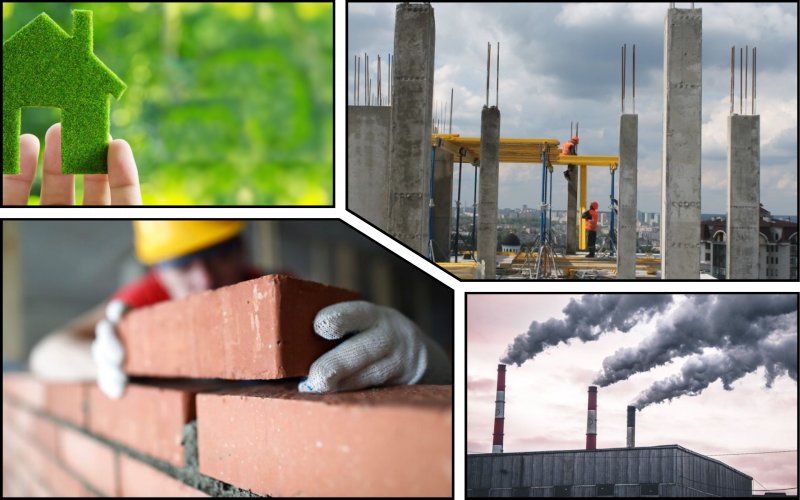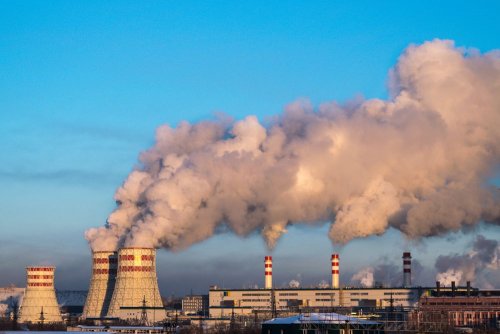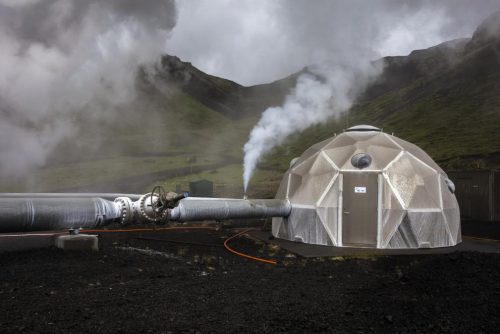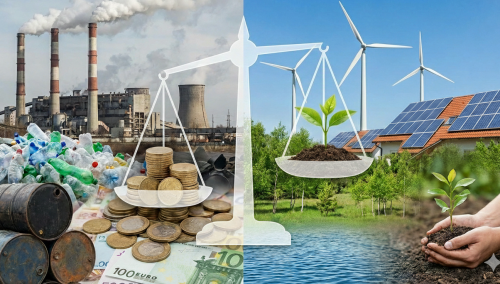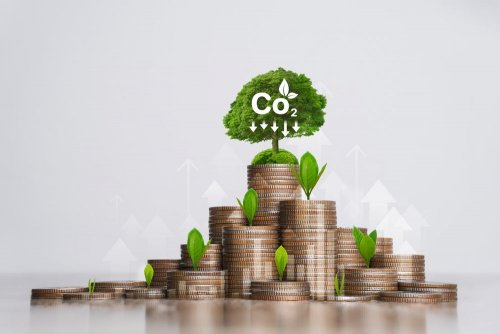Vladislav Gorbatenko, Head of New Product Development at Metinvest, said that decarbonization of the construction industry requires new approaches to construction to reduce the amount of cement, concrete, and energy consumption.
The industry generates about 40% of the world's greenhouse gas emissions, but decarbonization initiatives are mostly advisory and have not yet helped to achieve significant progress, Metinvest reports.
Mr. Gorbatenko emphasized that the cement industry is ahead of the steel industry in terms of global carbon emissions. In addition, most of the world's steel products are used in construction, making the industry a leader in climate change. Also, construction and related industries consume about 40% of the energy produced.
He said that the main environmental initiatives in construction include:
- reducing the share of reinforced concrete construction in favor of steel and steel-reinforced concrete solutions to reduce the consumption of cement and concrete;
- reducing the metal content of buildings, in particular thanks to rational design and the use of high-strength types of rolled steel to reduce steel consumption;
- development of new types of metal structures, connection methods, erection and improvement of energy efficiency of buildings to reduce energy consumption during construction and maintenance.
Horbatenko noted that, according to the United Nations Environment Program (UNEP), to seriously improve the situation with greenhouse gases in the construction sector by 2050, it is also necessary to:
- reduce the carbon footprint in the production of building materials;
- increase investments in energy efficiency;
- increase the political commitment of countries in the field of environmental protection.
He added that in 2022, operational carbon dioxide emissions from energy-related construction and real estate increased to 10 Gt, 5% more than in 2020 and 2% more than the "pre-pandemic" peak.
"All construction and real estate industries must implement zero-carbon policies (for both existing and new structures), and building materials manufacturers must ensure decarbonization throughout the manufacturing chain," he said.
As EcoPolitic reported earlier, the report of the International Finance Corporation (IFC) showed that the use of green technologies in the production of cement will help reduce emissions by 20%, which will contribute to the decarbonization of the construction sector.

